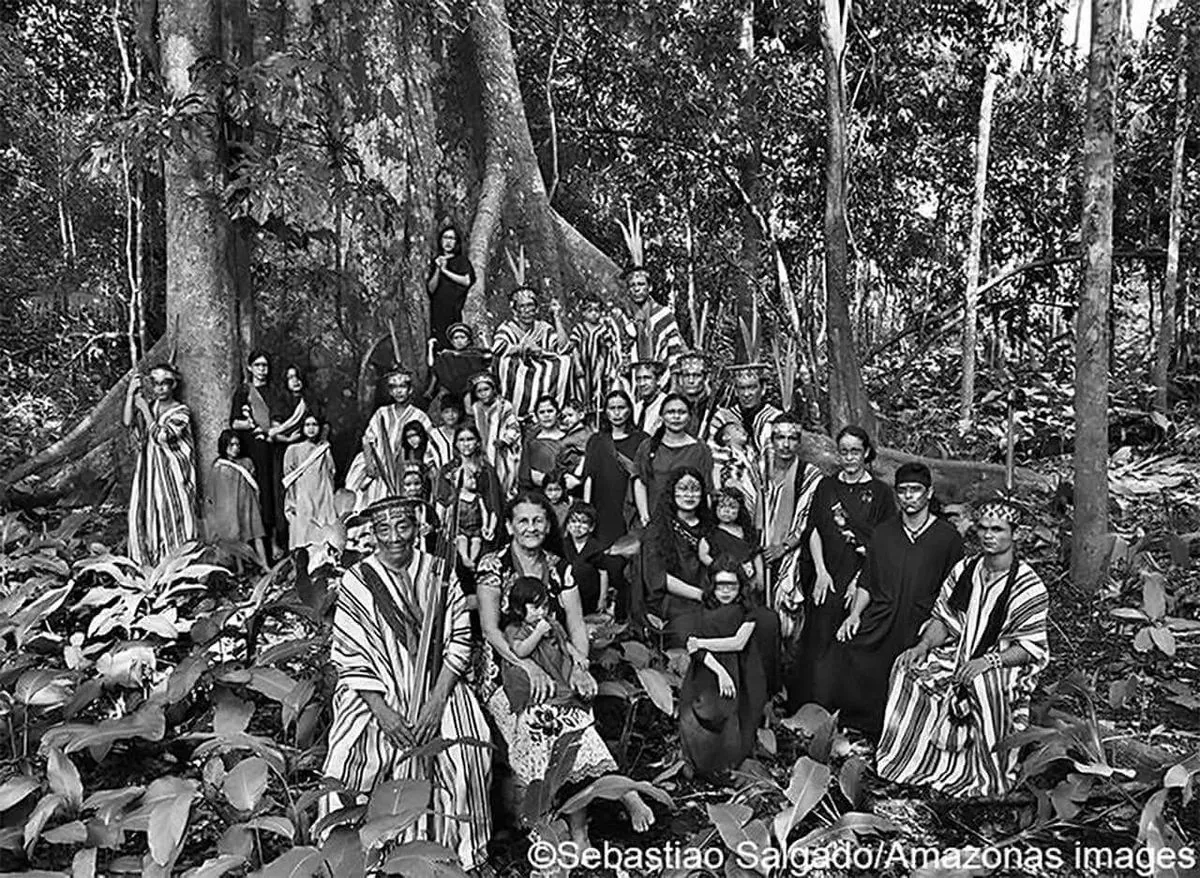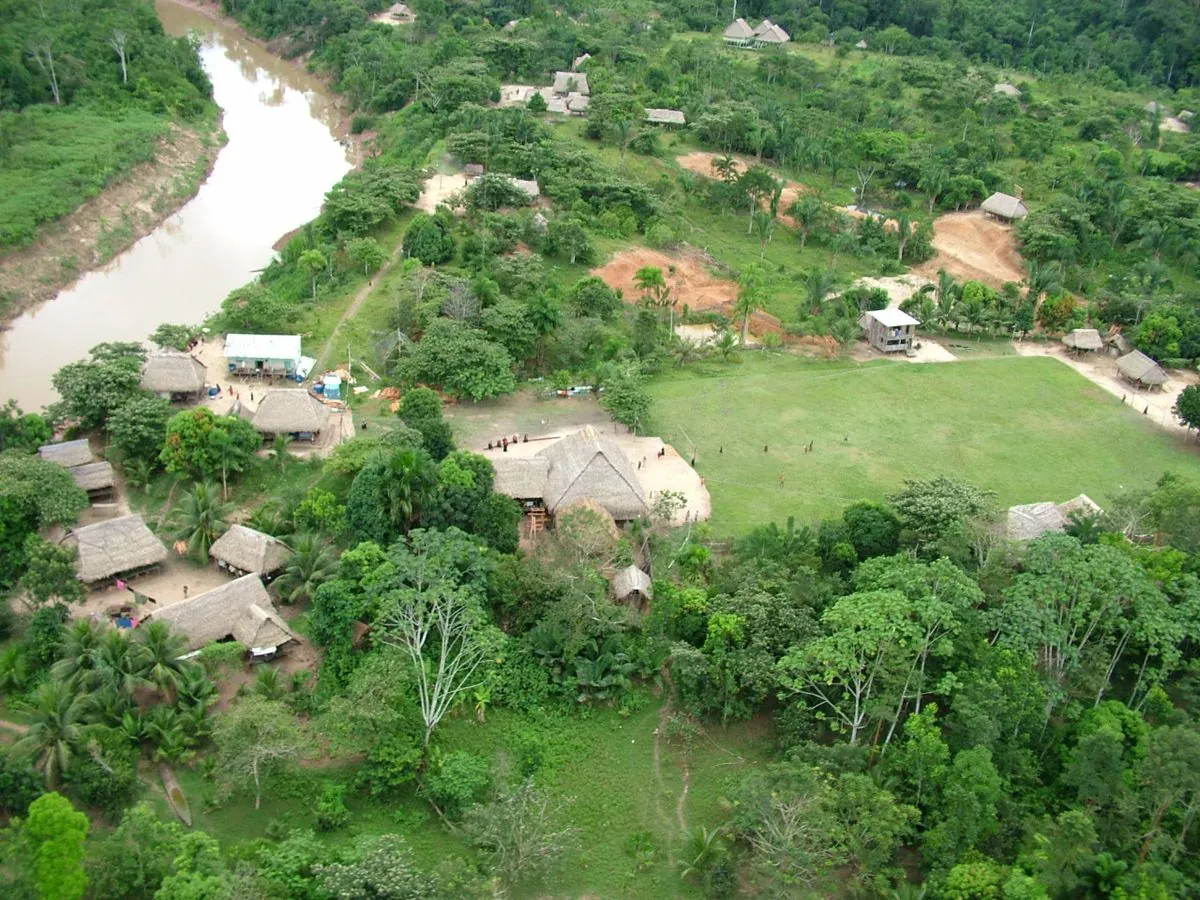Ashaninka's Apiwtxa: A Beacon of Indigenous Forest Management in the Amazon
In Brazil's western Amazon, the Ashaninka's Apiwtxa village showcases successful Indigenous land management. Their model, now backed by a $6.8 million grant, aims to protect 1.6 million acres of rainforest.

In the heart of Brazil's western Amazon, the Ashaninka people of Apiwtxa village have transformed their territory into a model of Indigenous land management and forest conservation. Their success has now attracted significant support to expand their practices across a vast area of the rainforest.
The Organization of Indigenous People of the Jurua River (OPIRJ) recently secured $6.8 million from the Amazon Fund to implement Apiwtxa's model across 12 Indigenous territories, covering 1.6 million acres. This initiative aims to improve land management, food production, cultural preservation, and forest surveillance in an area roughly the size of Delaware.
Francisco Piyãko, an Ashaninka leader and OPIRJ representative, emphasized the project's significance: "We are expanding everything that we did at Apiwxta to an entire region. This is not only about implementing a project. What is at stake is cultural change."
The Ashaninka's journey began 32 years ago when the Brazilian government recognized their territorial rights. At that time, the area was a degraded cattle farm with depleted forests. Today, Apiwtxa stands as a testament to successful reforestation and cultural revival.

The village's land management system combines traditional knowledge with sustainable practices. Each of the 80 families manages an area that includes fruit trees and medicinal plants. The community has also replanted valuable species like mahogany, which had been heavily exploited in the past.
"That's why we created this policy of working with the surrounding areas, so they understand what we are doing is for our benefit and theirs, too."
The Ashaninka's efforts extend beyond their territory. In 2007, they established the Knowledge of the Forest Center near the town of Marechal Thaumaturgo. This initiative integrates crop cultivation with forest preservation and includes a small fruit processing factory.
Their influence has also reached local politics. In 2016, Isaac Piyãko became the first Indigenous mayor of Marechal Thaumaturgo, implementing policies such as sourcing school meals from local farming families.
However, climate change poses new challenges. Last year, the Amazon experienced a record drought, affecting local production and fish populations. The Ashaninka are now focusing on adaptation strategies, identifying optimal locations for housing and agriculture while improving water access and fire risk management.
The OPIRJ project is also benefiting newly recognized Indigenous territories like the Apolima-Arara. Designated in April 2023, this community is working to recover deforested areas and improve agricultural production, following Apiwtxa's example.
As the Amazon faces increasing threats from deforestation and climate change, the Ashaninka's model offers hope. Their success demonstrates that Indigenous land management can effectively protect forests while sustaining communities, potentially influencing future conservation policies in the world's largest rainforest.


































